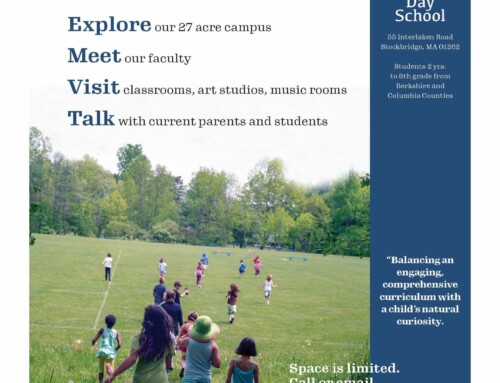Teaching science as inquiry for young children means:
- Less teacher talk; more child to child talk.
- Less emphasis on memorizing facts; more emphasis on creative thinking and problem solving
- Less emphasis on books as sole sources of information; more emphasis on books as motivation, complement to first hand experience*
- Less emphasis on science talk as show and tell and sharing what happened; more emphasis on science talk as discussion, debate, sharing thinking*
- Less emphasis on individual activities and demonstrations; more emphasis on inquiry and investigation*
- Less emphasis on weekly science themes/topics; more emphasis on weeks-or months–long investigations of developmentally appropriate concepts*
The Inquiry Learning Cycle*
Engage: explore, notice, wonder, speculate
Design and Conduct Investigations: determine question, predict, plan investigation, collect and record data, organize data, interpret data, analyze and reflect on data, raise new questions
Draw Conclusions: analyze and synthesize data, make claims based on evidence, explain
Communicate:
buy biaxin online biaxin no prescription
write, present, defend, debate
(*starred items taken from presentation by Karen Worth, Physical Science in Early Childhood, © 2009 Education Development Center, Inc.)

